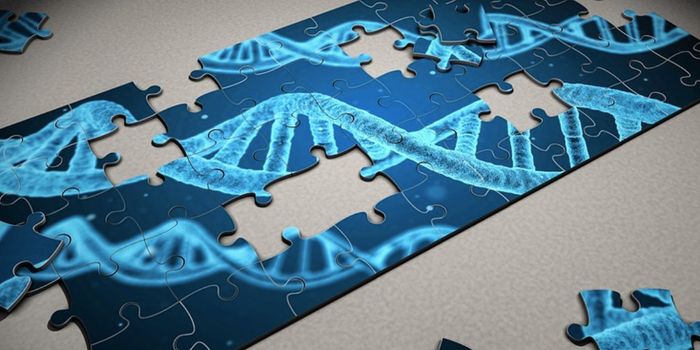Your Face as Your Passport: Trial Begins in Australia
Qantas Airways and Sydney Airport are teaming up to test out facial recognition software at airports in the summer of 2018. Specifically, the tech will be used to scan passengers’ faces and use the image as their ID. This trial is optional and is a test of biometrics -- metrics related to human characteristics -- in the public sphere. Two of the main potential advantages of this process are convenience, because it will increase the speed of the check-in process, and security. The project is described as a test of “couch-to-gate” biometrics that make it easier to travel. As biometric data are used more regularly and digital data abuse is continually uncovered, privacy and civil rights experts warn that these systems may end up threatening personal safety and individual or civil rights.
"In the future, there will be no more juggling passports and bags at check-in and digging through pockets or smartphones to show your boarding pass – your face will be your passport and your boarding pass at every step of the process," Sydney Airport chief executive Geoff Culbert said in a statement.
Passengers who choose to join the trial will have their face scanned at a special kiosk and then enter a seperate boarding gate that matches faces with photos. During the pilot, the technology will be tested at the check-in, baggage drop-off, lounge access and boarding steps of the flight. Users will be given detailed information on how their images and data will be used and Sydney Airport will be responsible for stewarding the biometric information.
Privacy expert and University of Canberra assistant professor Dr. Bruce Baer Arnold told the Financial Review:
There are pluses and minuses with any application of this and there are definitely privacy concerns. We believe this approach will spread to other transport locations like Central Station in Sydney and Flinders Street and Southern Cross stations in Melbourne … It could be anywhere that people gather together. The concern there is that this is ultimately disproportionate. Biometrics are very powerful and can produce real social benefits, or it can produce real harm.
Biometric data like facial and fingerprint scans are becoming more common in everyday life situations, such as unlocking a smartphone. They have entered the realm of sport as well. Tennis Australia's Game Insight Group, which is made up of data analysts, research fellows and students, is using facial recognition technology in an effort to evaluate tennis players’ emotions and related performance.
Police around the world are building databases of faces. A trial of Amazon’s Deep Lens technology recently ended in Orlando, Florida and China is using a "SkyNet" system that can reportedly scan the country’s entire population in a single second. Police in India used facial recognition tech to help identify thousands of missing children in four days.
“India currently has almost 200,000 missing children and about 90,000 lodged in various child care institutions. It is almost impossible for anyone to manually go through photographs to match the children,” a spokesperson for the Bachpan Bachao Andolan, or BBA, children’s rights group told The Better India website.
In June 2018, the U.S. announced it was using facial recognition at the southern border to record people entering and leaving the country.
Sources:









